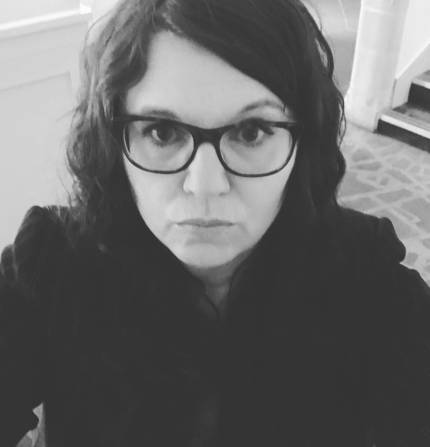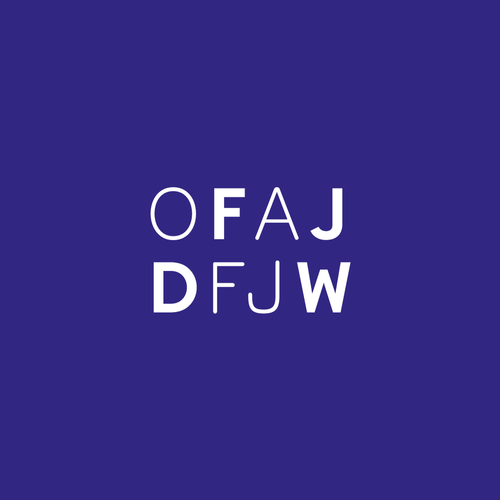What is left of feminist foreign policy in and for Ukraine?
(c) PicElysium via Pixabay
More and more countries and International Organisations are adopting feminist foreign policies. States seem to be adopting a human-centred approach, where the protection of vulnerable people and long-term peace are key. This comes at a time when these normative goals seem to be in contradiction with new wars that reignite old power struggles , namely from state-centred concepts of (relative) peace and hegemonic blocs. Russia’s (neo) imperialist war against Ukraine has affected the entire population, with many millions of citizens displaced and forcing both men and women to the front line. The perpetration of war crimes, such as murdering civilians and the rape of numerous Ukrainians, disproportionately affects the most vulnerable members of society. As the war slowly enters its third year, Ukraine is still managing to defend most of its territory. There is no end in sight. The war, so far, has caused around 200.000 deaths, with comparatively low numbers of civilians. Putin’s mercilessness and disinterest in casualties, Russia’s army will eventually outnumber Ukraine.
Since the beginning of the Russian war against Ukraine, the EU and NATO have signalled boundless solidarity with Ukraine and pledged their support. Despite this consensus, Western discourse has been shaped by two opinions. One faction has supported the idea of sending weapons to Ukraine, arguing that without supporting Ukraine militarily, they would not stand a chance in self-defending their country and the democratic values they hold up as a surrogate for the West. The other faction has argued that the provision of lethal weapons would ultimately lead to an exacerbation of the war, where, in the end, all people, mainly civilians and vulnerable groups, suffer the most. Quickly, the former prevailed, to the delight of the Ukrainians, who strongly urged the West to follow their demands.
So, what is left of feminist foreign policy in and for Ukraine? This online webinar shall scrutinise how feminist foreign policy can have a positive impact on the citizens of Ukraine right now and, more generally, can lead to an end of the war. It aims to bridge the normative expectations of feminist foreign policy and realpolitik, including the patriarchal, imperialist logic of (this) war and our societies. While feminist foreign policy understands how to overcome these power structures, it also realises that brutal violence cannot be overcome without military action. How feminist can feminist foreign policy be in times of brutal aggression from Russia on Ukraine? Is this war of attrition inevitable or can feminist foreign analysis provide different solutions? This refers to both external powers, such as the USA and the EU, as well as Ukraine itself.
Structure
The webinar takes off with a 45-minute plenary discussion by the three speakers. Points of discussion will be what feminist foreign policy means to the speakers and how this influences their work. A focal point will be the alleged tension between the normative concept(s) of feminist foreign policy and existing power structures (particularly concerning the war against Ukraine). Moreover, there are differences in feminist foreign policy approaches by states such approach. What do those differences mean for the concept and the future, and is it problematic?
The audience can then select their breakout rooms for a 15-minute Q&A with the speaker they like to reach out to. Then, we go back into the plenary setting for a general Q&A part entailing interaction between the speakers. Lastly, the webinar closes with final statements on what is left of feminist foreign policy (for Ukraine).
Meet our speakers
-
Senior Lecturer in International Relations and Gender
Annika joined PIR from the University of Lund, where she was Associate Professor in IR, and with which she retains an affiliation. Prior to working at Lund Annika was Senior Researcher at the Danish Institute for International Relations. She has also held permanent lectureships at the Universities of Leicester and Edinburgh. She obtained her BSc (Government) at London School of Economics and her MSc and D.Phil. (European studies/International Relations) at the University of Sussex.
Annika is an international relations and gender scholar whose work stretches across a range of fields including feminist foreign policy, feminist security studies, gender cosmopolitanism and care ethics, feminist peace and digital diplomacy, critical military studies, the study of crisis, populism and gendered nationalism, human rights and environmental justice as well as intersectionality. She also works on celebrity humanitarianism, pop culture and world politics, with focus on the ethical, gendered, neoliberal and colonial underpinnings of celebrity politics and activism. Her article “NATO’s Strategic Narratives: Angelina Jolie and the alliance’s celebrity and visual turn” (co-authored with Katharine Wright, Newcastle University), was selected the lead editor’s favourite article, published in the journal Review of International Studies in 2021 and 2022. -
Humphrey International Fellow
Iryna Drobovych is a civil society leader and advocate for gender equality and democracy. She is the Strategy Director of the Ukrainian Women's Congress, a nonprofit organization. In this role, she collaborates with national and international partners on research and advocacy related to gender and public policy. She advocates for women’s rights and leadership in the context of Russia’s war on Ukraine. Previously, she served as a Government Relations Advisor with the Open Ukraine Foundation and as an Executive Assistant to the Prime Minister.
Iryna holds a BA in International Relations and an MA in International Strategies and Security. Her professional goals include developing strategies on the national gender and rebuilding policy, advocating equal opportunities in Ukraine's post-war recovery, and working within Ukraine’s national government, civil society and international donors to advance gender equality.
-
Assistant Professor of European Studies
Hannah is an Assistant Professor of European Studies at the University of Amsterdam, specializes in 'Europe in the World.' With an extensive academic background, she has served as a lecturer at the Department of European Studies (UvA) and the Department of Political Science and Public Administration at VU Amsterdam. Having defended her PhD at the Institute of Political Science at the University of Tübingen in 2015, her research revolves around security, militarism, and civil society funding, focusing on the European Union, Turkey, and the Netherlands. Dr. Muehlenhoff brings diverse perspectives, including feminist, queer, postcolonial, and Foucauldian, to her analytical framework.
Her contributions extend beyond teaching and research, as she holds the elected position of co-chair of the Council of European Studies Gender and Sexuality Research Network. Dr. Muehlenhoff has played a key role in coordinating the 'Gender and Sexuality in European (Geo)Politics' online lecture series and serves as the principal investigator in the interdisciplinary research project "Emotions in European Politics: Affective Dynamics and Complex Societal Challenges," funded by the Amsterdam Centre for European Studies (ACES). She has also co-edited a special issue for Political Studies Review on 'Slipping Off or Turning the Tide: Gender Equality in European Union's External Relations in Times of Crisis.' Furthermore, her book, "EU Democracy Promotion and Governmentality: Turkey and Beyond," published by Routledge in March 2019, sheds light on the impact of EU funding on human rights organizations in Turkey, with a specific focus on the agency of Turkish women's, LGBTQ, and human rights groups involved with EU grants.
-
YSC Fellow
Lena Wittenfeld (she/her) graduated with a Master's degree in "Democratic Governance and Civil Society" at the University of Osnabrück. Since September 2023, she works as a research associate at the University of Bielefeld and writes her dissertation on Feminist Foreign Policy. In her research, she focuses on topics in the intersection of Political Theory, International Relations and Gender and Queer Studies including feminist International Relations, (feminist) foreign policy, critical feminist theories, and intersectional as well as postcolonial feminisms. Lena also serves as co-program director of the ‘Gender and International Politics’ program at Polis180 e.V. Currently, she also holds a Sylke-Temple Fellowship critically studying ‘Why Feminist Foreign Policy Offers Realpolitik Solutions in Times of Geopolitical Crises’ and is a YSC Fellow.
Registration
To join this webinar, please register via the form below. We will contact you with the link to join upon successfull registration.
This event was made possible thanks to the Bundesyentrale für politische Bildung and the Franco-German Youth Office at DFJW.








